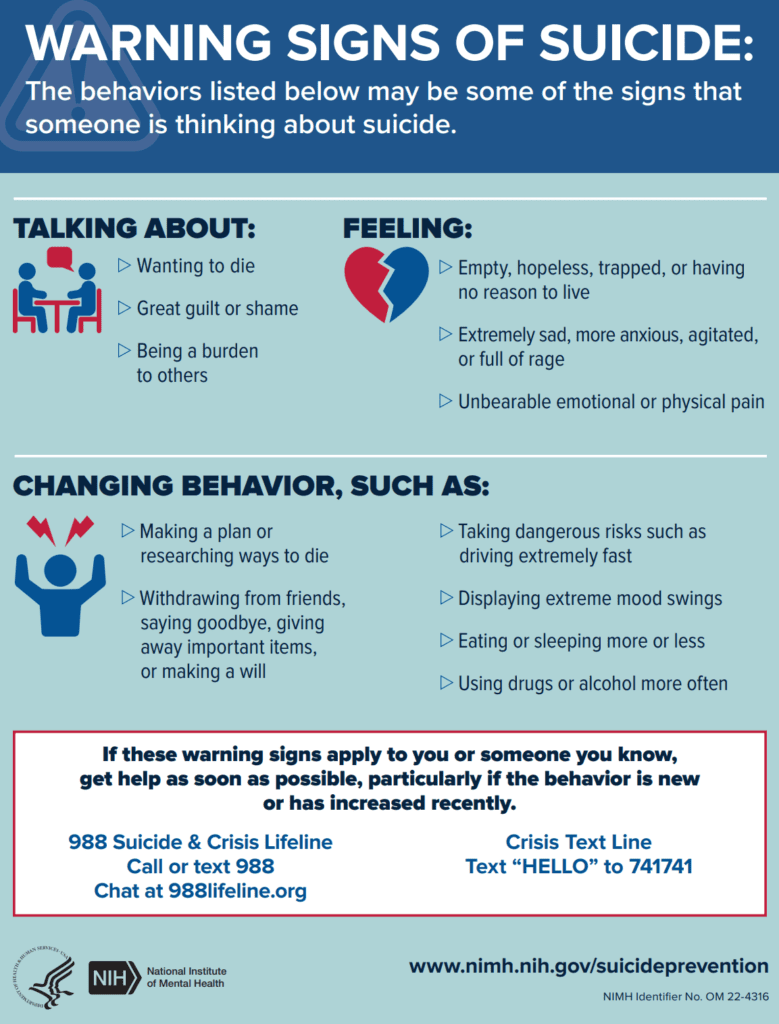
Archive for September 2024
Perceived academic working conditions and career choices of Chinese PhD students
Scottish Social Service Sector: Report on 2023 Workforce Data
Comparing the effectiveness of mind-body practices (MBPs) and various psychological methods on occupational stress among healthcare workers: a network meta-analysis of randomized controlled trials
The mediating effect of self-efficacy on social support and cancer screening behavior among Chinese women: a cross-sectional study
Social capital in the form of self-help groups in India: a powerful resilient solution to reduce household financial vulnerability
Traumatic Brain Injury Training Program Value to Caregivers of Law Enforcement Officers, Fire Fighters and Veterans
Commentary: What young people want from psychotherapy
Public Accountability and Bureaucratic Discretion: Why do Internal Auditors Stretch the Boundaries of Their Role?
Predictors of loneliness among middle childhood and adolescence during the COVID-19 pandemic
The Unfair Divide: Disadvantage faced by young people who are homeless [Australia]
Sticks and Stones May Break Bones, But Racism Breaks Spirits: Discrimination and BIPOC Adolescent Mental Health
Investigating Differences in Sleep Disturbance, Dissociation, and Anxiety Due to the Severity and Timing of Betrayal Trauma Experienced
Evaluating When Subscores Add Value in Psychological and Health Applications
Periphery to core: scenes from a psychodrama
PlayDoc M.D.: Sexual Harassment and Discrimination in US Medical Schools in the 1960s and 1970s

Analysis of Regression Discontinuity Designs with a Binary Moderating Variable
What is the scale of the challenge to address health inequalities affecting children and young people?

Hostile Attribution Bias and Working Memory in the Link Between Trauma Exposure and Violence in Justice-Involved Youth
Warning signs of suicide

Hold the Bets! Should Quasi-Experiments Be Preferred to True Experiments When Causal Generalization Is the Goal?
Group Dynamics Meets Organizational Learning: Reflections on Research
A sociocultural approach to understanding collective trauma in Indigenous communities
Evaluating the effectiveness of a Portage program on reducing parenting stress and enhancing child development in autism spectrum disorders
“Keeping the Wound Open”: Survivor Experiences with Title IX Investigations
The New Science of Social Change: A Modern Handbook for Activists

Tools and Strategies for Examining the Relationship between Child Care Subsidy Policies and Trends in Child, Family, and Provider Outcomes
Influence of Family Social Capital on the Psychological Well-Being of Working Women: Mediating Role of Self-Esteem and Moderating Role of Sense of Coherence
Lifestyle and mood correlates of cardiometabolic risk in people with serious mental illness on second-generation antipsychotic medications
Associations of family socioeconomic indicators and physical activity of primary school-aged children: a systematic review
Too much focus on your health might be bad for your health: Reddit user’s communication style predicts their Long COVID likelihood
Family-centered decision making: A culturally responsive collaborative approach among Asians living in the United States.
Does creativity relate to innovation or destruction? An explanation from the perspective of novelty and usefulness.
Heterogeneity of patient-reported outcome measures in clinical research
The Mediating Effect of Emotion Regulation Between Intensive Parenting Attitudes and Parental Anger
America Is Doubling Down on Sewer Surveillance
